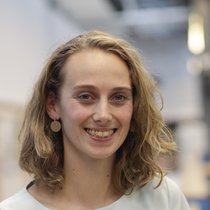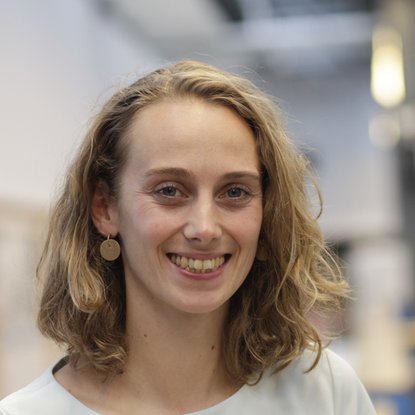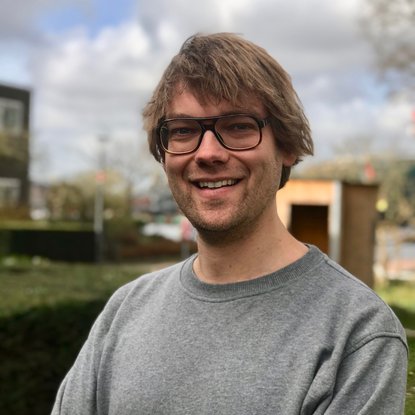What are we experimenting?
The main goal of the experiment is to create a bio-composite material from PHBV, a bioplastic that breaks down naturally. Unlike many other plastics, PHBV doesn’t compete with food crops, because it comes from bacteria that eat wastewater. This material has the potential to replace regular plastics like polypropylene, which could help reduce carbon emissions and encourage recycling.
The experiment aims to understand how well the PHBV-based bio-composite breaks down in natural conditions. Different samples of the composite, with varying PHBV-to-biomass ratios and press temperatures, are placed underwater for observation. By monitoring the weight changes and photography, researchers are learning how the material naturally breaks down.
“We know that bio-composite from PHBV has the capacity to biodegrade, but we don't know how, and how fast. That's why we're testing it in places that are like where it will be used, so we can see how it works in its intended environment.”
Mariet Sauerwein
Former Research Fellow at AMS Institute

Ecosystem restoration
PHBV’s potential goes beyond plastics replacement – it can also help restore nature. As part of the PRO-PHBV project, researchers are studying how PHBV-based structures can assist in bringing back natural environments. These structures could temporarily support young water plants, aiding in ecosystem revival. The ultimate goal is for the structures to biodegrade once they’re no longer needed.
Testing at the Marineterrein Living Lab
The experiment isn’t just taking place in the lab. The testing of this prototype is happening in real-world scenarios and living labs. Samples of a bio-composite consisting of PHBV and biomass are being tested in the water at Marineterrein to see how quickly they biodegrade in natural conditions. Additionally, there are plans to test the user acceptance and performance of a bio-composite from PHBV with leather waste.
Setting up the PRO-PHBV experiment
Towards a more natural approach
The PRO-PHBV project isn’t just about materials; it envisions a society that relies more on natural resources. By making products from waste-based, biobased materials, the project aims the reduce the use of fossil fuels. As the experiment progresses, it provides insights into a more sustainable future for materials and nature restoration.
This project is a collaboration between AMS Institute, TU Delft, Paques Biomaterials, NPSP, Waardenburg Ecology, Material Sense LAB, and Ahrend.

